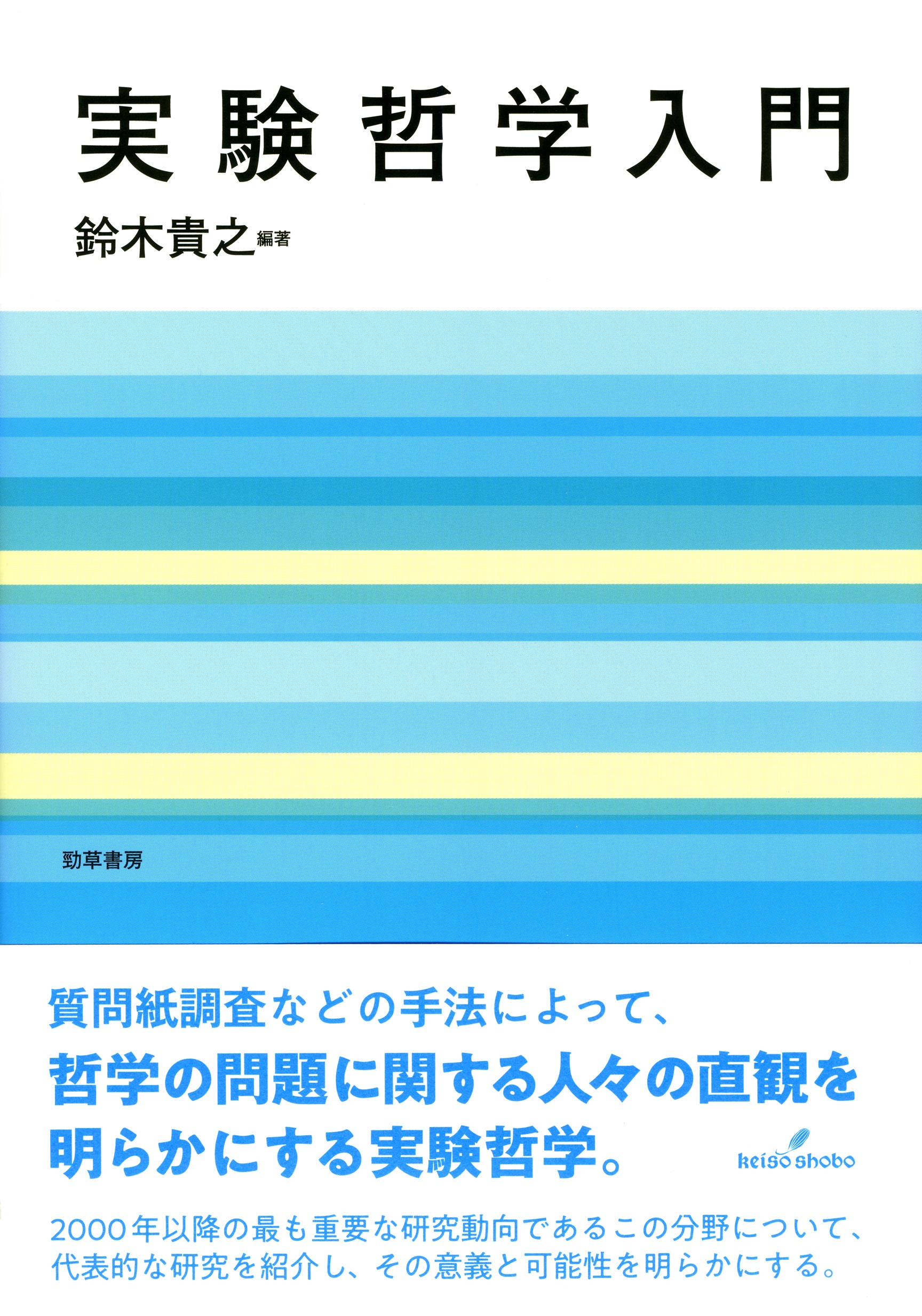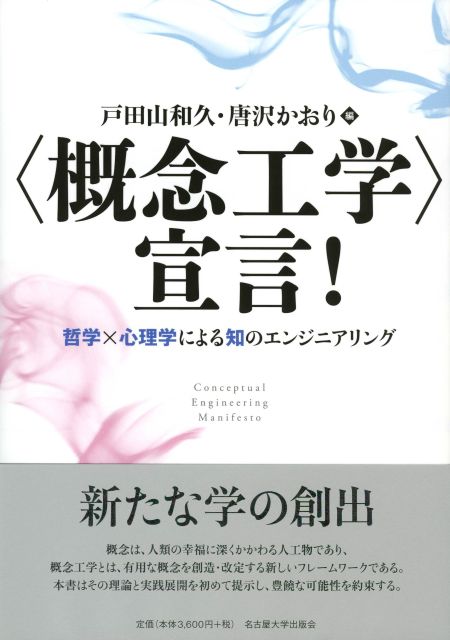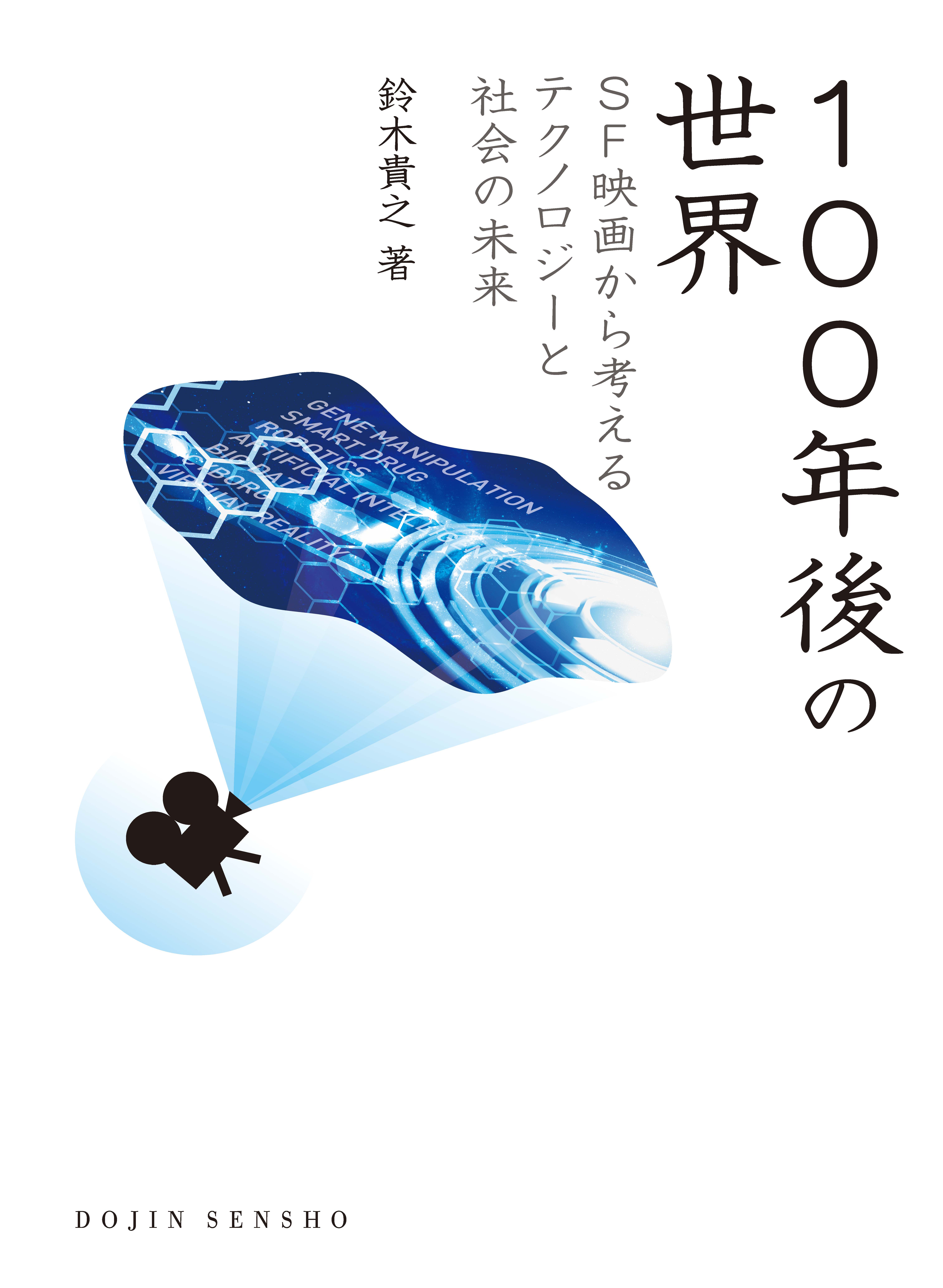
Title
Zikken Tetsugaku Nyumon (An Introduction to Experimental Philosophy)
Size
216 pages, A5 format
Language
Japanese
Released
June, 2020
ISBN
978-4-326-10282-2
Published by
Keiso Shobo
Book Info
See Book Availability at Library
Japanese Page
Philosophy is a discipline which tries to find the essences of phenomena that are central to our lives. What is free action? What is knowledge? What is meaning? - These are the questions philosophy has tackled for thousands of years. How can we answer these questions, then?
A standard method for philosophers is to think about cases. If we think about various cases and consider whether they are cases of free actions, for example, then we might be able to find a common feature of the cases and find the essence of free action. If this strategy works, philosophers can answer philosophical questions by sitting still and thinking hard about various cases.
It’s not obvious that this strategy works, however. A couple of conditions must hold for the strategy to work. The judgments of people on which are cases of free actions and which are not, for example, have to agree. The judgments of a philosopher and the judgments of lay people also have to agree. Moreover, our judgments have to be consistent and coherent. These are the hypotheses that can be tested empirically. Since 2000, a group of philosophers started to test these hypotheses using questionnaire and other empirical methods. This is the beginning of experimental philosophy.
It turned out through a series of experimental studies that the hypotheses philosophers have taken for granted are not always confirmed. In different cultures, for example, people judge differently on what are cases of knowledge. Our judgements on whether cases are those of free action also change with small differences in the details.
What are the implications of these findings? Philosophers may have to reexamine which philosophical theories are plausible. Philosophers may have to reconsider whether the standard method is a good one for addressing philosophical questions. These findings may be important as they specify our psychological mechanism for thinking philosophical issues.
Experimental philosophy is a sub-discipline of philosophy that potentially has a huge impact on philosophy itself. This book, the first Japanese book on this topic, will be food for thought for everyone who is interested in what philosophy is and how we can answer philosophical questions.
(Written by SUZUKI Takayuki, Associate Professor, Graduate School of Arts and Sciences / 2020)



 Find a book
Find a book


 eBook
eBook
